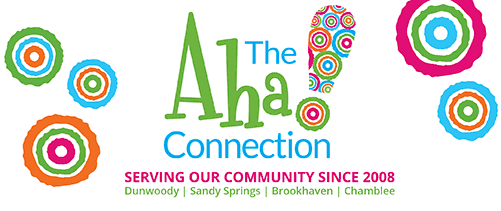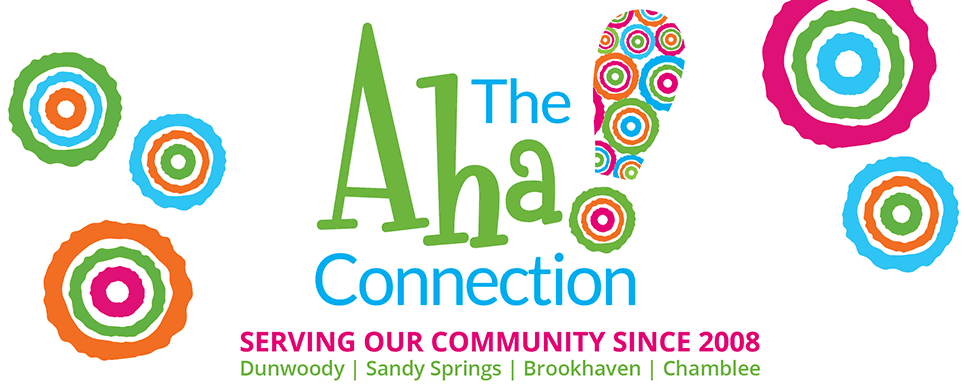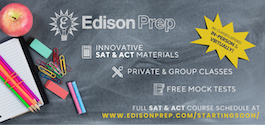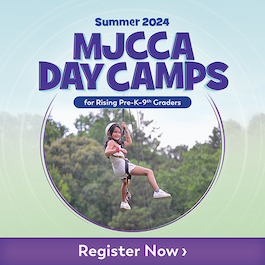 Insights from a Middle School Principal
Insights from a Middle School Principal
By: Tony Shaffer, Principal
St. Martin’s Episcopal School
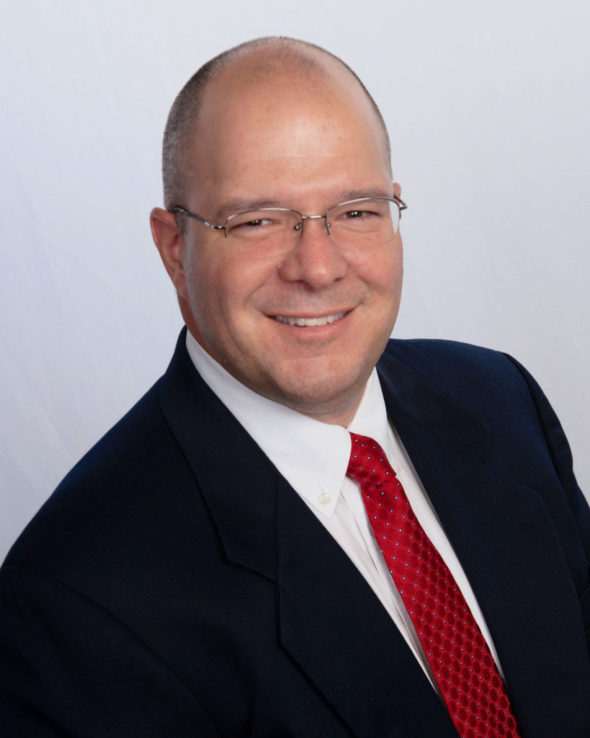 Sent to the Principal
Sent to the Principal
Nobody wants to be “sent to the principal,” but the questions that arrive in my office are important ones. When a friend asked me to share some thoughts about what I’ve learned from a couple of decades of working with middle schoolers and really talented teachers, I decided to share the two most fundamental questions.
Why do they act that way?
Middle schoolers act exactly like who they are: human beings whose brains don’t yet work the way adult brains do. A couple of decades of scientific advances in brain research tell us that the young adolescent brain is really good at detecting threats and finding novel experiences, while simultaneously being really bad at exercising self-control.
What can I do about it?
Enjoy it. Of course, I don’t mean that you should enjoy your child’s tears when she tells you that her math teacher hates her (threat identification), or that it’s fun to hear about the rude gesture your son made to a teacher (thrill-seeking). Enjoy this stage, not because adolescent struggles are fun, but because they are inevitable. One of the reasons I value being the principal of a small middle school where I know every student in my building is that it is a privilege to be the adult in the room helping to analyze a bad choice, strategize around friend issues, or organize the locker disaster.
Jean Piaget identified four stages of development from birth to adulthood. Only in the U.S., he said, did people ask how to accelerate the process. I laugh when I tell my friends that I want to be the “defender of childhood,” but I genuinely encourage my school families to find joy in the foibles and follies that accompany these unpredictable, adorable years. The quiet competence of adulthood will arrive when the time is right.
